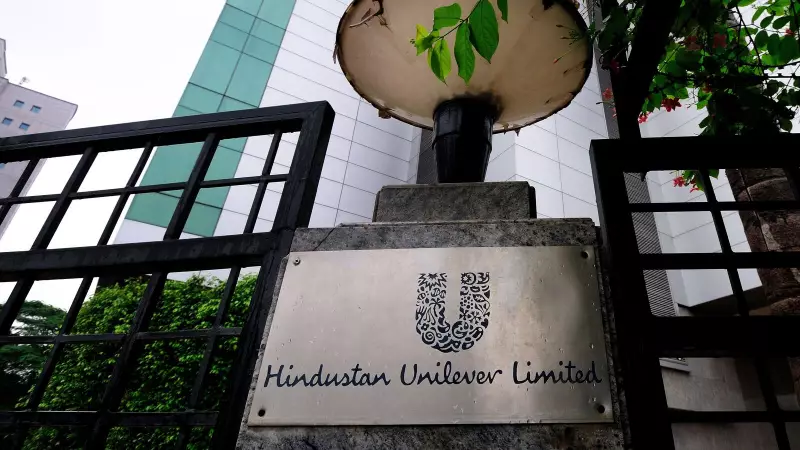
In a landmark decision that's set to reshape India's FMCG landscape, the National Company Law Tribunal (NCLT) has given its official nod to Hindustan Unilever Limited's (HUL) strategic move to demerge its thriving ice cream business. This corporate restructuring marks one of the most significant developments in the Indian consumer goods sector this year.
What This Demerger Means for HUL and Its Stakeholders
The separation of HUL's ice cream division into an independent entity signals a major strategic shift for the FMCG giant. The newly formed company will operate as a standalone business, allowing it to focus exclusively on the competitive ice cream market while enabling HUL to sharpen its focus on its core product categories.
10 Burning Questions Answered About the HUL Ice Cream Demerger
1. What Exactly Got Approved?
The NCLT has formally sanctioned the scheme of arrangement that separates HUL's ice cream operations into an independent legal entity, clearing the final regulatory hurdle for this corporate restructuring.
2. When Will the Demerger Take Effect?
The demerger is scheduled to become operational from the appointed date, which will be clearly specified in the final scheme documentation shared with shareholders and regulatory authorities.
3. What Happens to HUL Shareholders?
Existing HUL shareholders will receive shares in the new ice cream company in a predetermined ratio, ensuring they maintain their economic interest in both entities post-demerger.
4. Which Popular Brands Are Included?
The demerger encompasses HUL's entire ice cream portfolio, including household names like Kwality Wall's, Magnum, Cornetto, and the premium Ben & Jerry's range in India.
5. What About Employee Transfers?
Employees currently working in the ice cream division will transition to the new entity under terms that protect their existing benefits and service conditions.
6. How Will This Impact HUL's Financials?
The ice cream business contributed approximately X% to HUL's total revenue. While this will initially reduce HUL's top line, it allows for more focused growth strategies in both entities.
7. What's the Strategic Rationale?
This move enables dedicated management attention and resource allocation to the ice cream business, which has different operational requirements compared to HUL's other FMCG products.
8. Will There Be Leadership Changes?
The new entity will have its own independent management team and board structure, though some key executives from HUL might transition to leadership roles.
9. What Are the Tax Implications?
The demerger is structured as a tax-neutral transaction for both the company and shareholders, subject to final regulatory approvals and conditions.
10. What's Next in the Process?
The focus now shifts to operational separation, including transfer of assets, systems migration, and establishing the new company's independent operations.
Market Reaction and Future Outlook
Industry analysts have largely welcomed the move, seeing it as a positive step that could unlock significant value for shareholders. The ice cream market in India presents substantial growth opportunities, and a focused standalone entity is better positioned to capitalize on these prospects.
Expert Insight: "This demerger allows both HUL and the new ice cream company to pursue growth strategies tailored to their specific market dynamics and operational requirements," noted a market analyst tracking the FMCG sector.
The separation is expected to be completed in the coming months, with both entities poised to emerge stronger and more focused in their respective domains.






